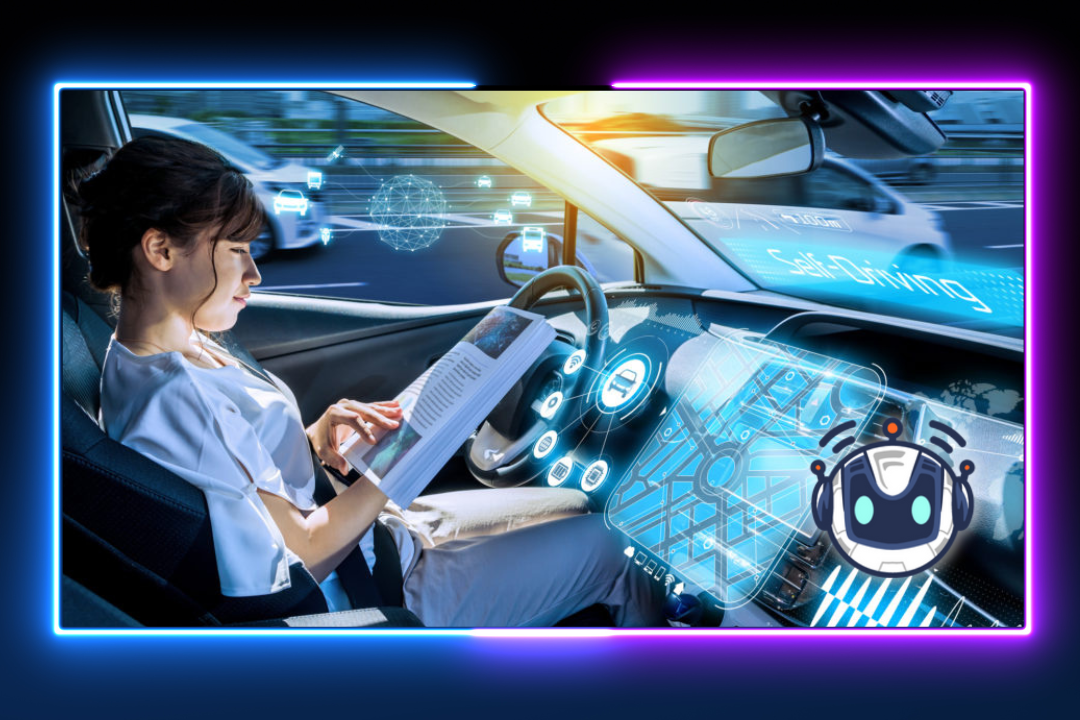Intel and How Autonomous Driving Will Fix the Electric Car
Intel and How Autonomous Driving Will Fix the Electric Car Problem is an article that focuses on how the technology used in the automobile is going to fix a lot of the problems that exist in the industry today. It also highlights the fact that 3D radar sensors will play a major role in improving the sustainability of urban transportation. In addition, EV battery packs will provide the adequate power supply that cars require. The article also mentions Ford’s investment in a new test city called “K-City”.
EV battery packs provide an adequate power supply
Battery packs are a crucial component of electric vehicles. They provide an adequate power supply to the vehicle and also are necessary to carry accessories. They are made of numerous cells connected in series and parallel.
EV battery packs can vary in size and weight. The largest ones are able to deliver up to 100 kWh of power, while the smallest are about 30 kWh. The size of the battery pack depends on the range desired. The smaller batteries can be used for a short commute, whereas the bigger ones can give a better range.
Battery packs are composed of a number of cells and modules, each with a different physical shape and chemistry. The most common chemistry in the EV industry is lithium ion. Other chemistries include lead acid and nickel metal hydride.
Batteries have a lifespan of several years, depending on the type of chemistry. Generally, the life of a deep cycle lead battery is three to four years. NiMH cells offer slightly longer life.
3D radar sensors increase the sustainability of urban mobility
The advent of 3D radar sensors and related technologies has the potential to revolutionize the way we commute. As a result, the next wave of smart cities are slated to be born. Using the latest technology will allow cities to glean insights from their vehicle fleets, and utilize them in an intelligent manner. This will enable them to reduce waste, increase safety and improve mobility. With smart city technologies paving the way, we can expect more innovative ideas to hit the streets and in turn improve the quality of life of all.
Taking a cue from the city of London and other cities around the world, the government has proposed a list of objectives that are aimed at improving sustainability in urban areas. These include a reduction in energy consumption, emissions and waste production, among others. With more than half of the world’s population living in metropolitan areas, urban mobility plays a huge role in contributing to air pollution.
NHTSA questioned Tesla’s Autopilot updates without a formal recall
The National Highway Traffic Safety Administration is questioning the automaker Tesla over its controversial Autopilot software update. The agency has asked for details about the program, including whether it triggered a recall, as well as nondisclosure agreements the company had with owners.
Amid reports of multiple crashes involving Tesla vehicles with Autopilot activated, the NHTSA is looking into the issue. The agency has reportedly investigated 12 crashes involving the Autopilot feature. These include one crash that caused a fatality. Another crash resulted in injuries to an employee.
The agency has also been consulting with Tesla about the problem. They are particularly interested in how the cars alert drivers to potential incidents. In some cases, drivers can see a potential incident as much as eight seconds before impact. In other cases, drivers have not been provided with a visual or chime warning.
In August, the agency opened a formal safety probe into Tesla’s Autopilot driver assistance system. Last October, NHTSA asked for more information from the automaker, as well as about its nondisclosure agreements with owners of its vehicles participating in a “beta” program.
Ford is investing heavily in a test city called “K-City”
Ford is investing heavily in a test city in South Korea called “K-City”. This will be one of the largest autonomous testing facilities in the world. The facility, which will open in late 2018, is situated in Hwaseong, southwest Seoul. The company hopes to launch a fully autonomous vehicle by 2021.
The K-City will feature expressways, bus-only lanes, and zones for autonomous parking. It will be designed to replicate the real-world scenarios self-driving cars will have to contend with. In fact, it will be twice the size of Mcity, a virtual town that has already served as a testing ground for a number of technology companies in Ann Arbor, Michigan.
The Korean government is keen to promote the automotive industry in the country. In fact, it plans to build an 88-acre site for autonomous vehicles. The government is also investing in hydrogen infrastructure and V2X communication. It is working with the Chinese tech giant Baidu, which is a leading innovator in autonomous technology.
